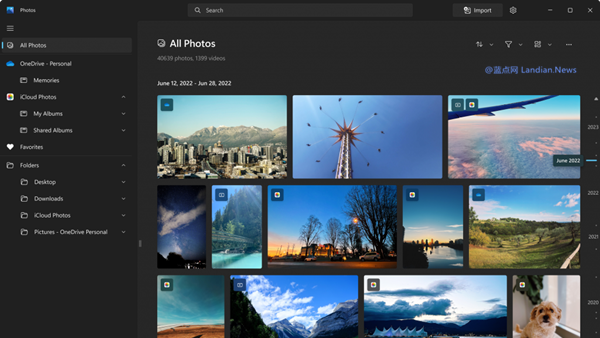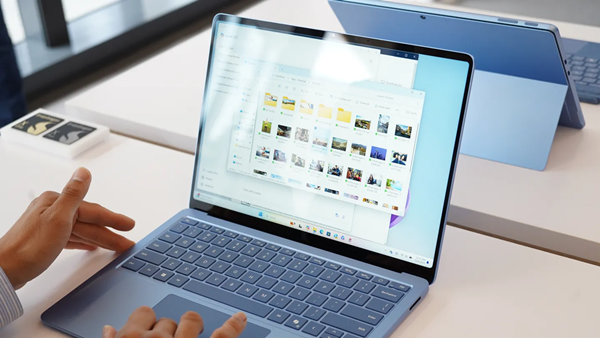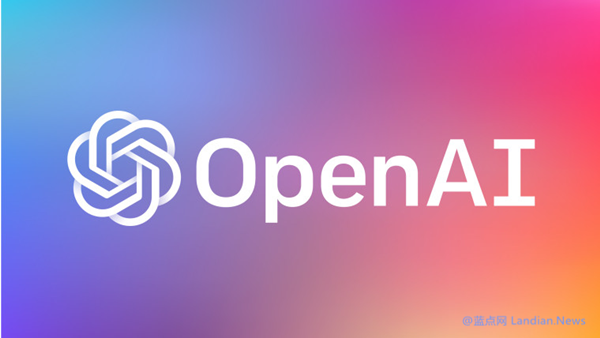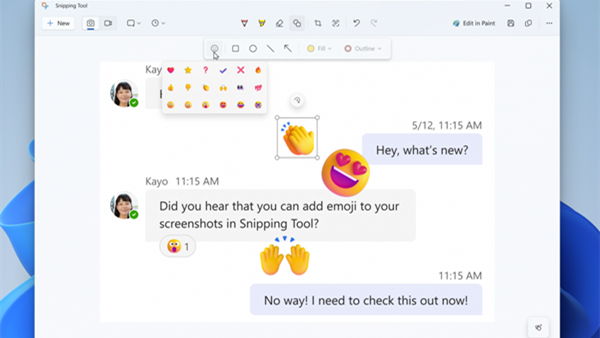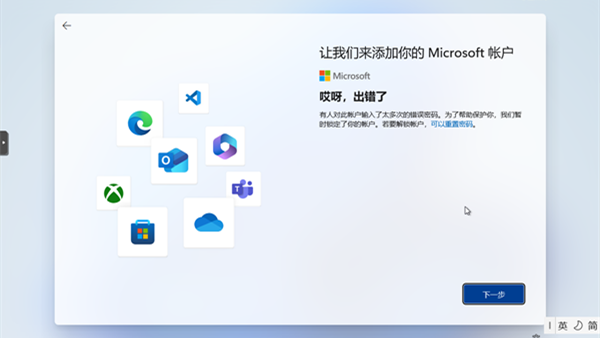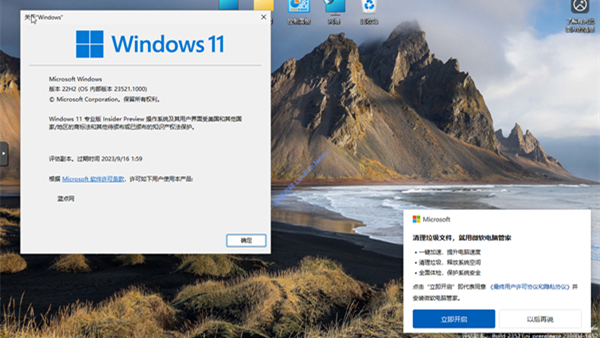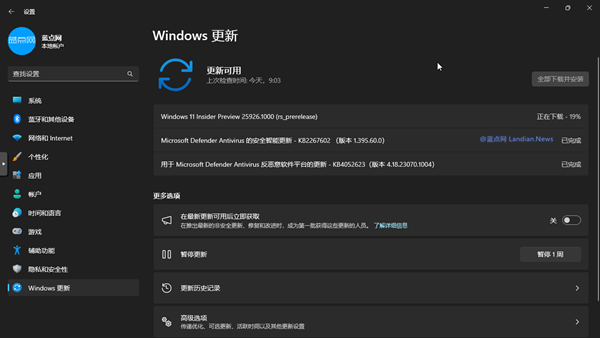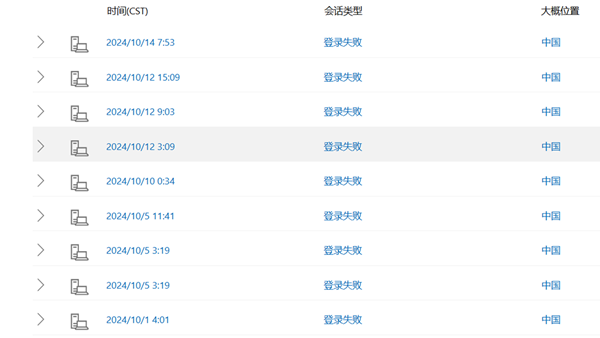Microsoft Edge Amps Up User Privacy with a CloudFlare-powered VPN Service: A Leap from 1GB to 5GB Free Data
Two years into the testing phase, Microsoft has been putting its new VPN service through its paces within the Edge browser. The service, a collaboration with CloudFlare, is designed to offer users an encrypted tunnel, shielding them from advertising networks that collect information based on user's IP addresses to push targeted ads.
Microsoft Edge VPN differs somewhat from the regular encrypted tunnels. Whenever a user initiates a connection, CloudFlare prioritizes providing the user with an IP address from a local data center. If there's no local data center available, it then opts for the closest city to provide the connection.

Initially, Microsoft provided users with a whopping 15GB of free data—a mere testing perk. However, as Microsoft expanded the testing scope, each user received only 1GB of free data. After several months of additional testing, it appears that Microsoft has now permanently increased the free data limit to 5GB per month. The 1GB limit was indeed minimal, and while the 15GB free data package might still exist, it is only targeted at early testers of the feature. For most users, the shift is from 1GB to 5GB.
Since CloudFlare's services come at a price, it's anticipated that Microsoft will eventually launch a subscription service. This will give users the liberty to decide how much data they want to pay for in a bid to protect their privacy.
For now, this feature is still being pushed to a selected group of users. Initially, only a small number of US users received the rollout. Although the usage scope has seemingly expanded, the feature's availability is solely at Microsoft's discretion, and users cannot activate it voluntarily.
In a world increasingly concerned about privacy, the move by Microsoft to integrate a VPN service into its Edge browser is a significant step forward. The increased free data limit from 1GB to 5GB showcases Microsoft's commitment to user privacy and its bid to deliver more value to its users. Yet, the service's limited availability leaves some users on the sidelines, anxiously waiting for broader access to this feature.

